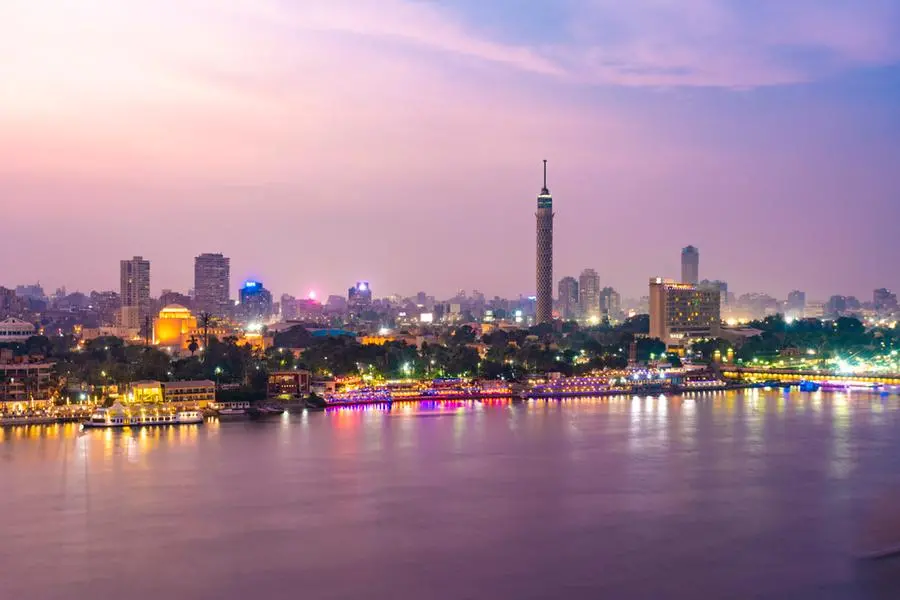PHOTO
Egypt’s foreign direct investment (FDI) recorded an increase in the first quarter (Q1) of fiscal year (FY) 2022/2023, reaching $3.3 billion, according to the Central Bank of Egypt (CBE). This comes as Egypt tries to boost its FDI to secure foreign currency. The country has already started enhancing its investment attraction, yet some mechanisms need to be in place to further increase FDI.
Investments Attraction
Prime Minister Mostafa Madbouly commented on the increase, saying that it recorded a growth of 94% year on year (YoY). Egypt is still looking forward to further foreign inflows as it implements its agreement with the International Monetary Fund (IMF) on a financing program, and it devaluates the local currency.
Since 2016, Egypt has been implementing a number of economic reforms in order to enhance the investment climate. Ahmed Metwally, Economic Analyst, tells Arab Finance, “If we are talking about FDI and the role of economic reforms on FDI, Egypt has done a lot of efforts from different sides to increase FDI. If we checked the numbers on the balance of payments (BoP) in Q1 FY 2022/2023, FDI reached $3.3 billion, which is a good number in comparison to the reported $1.7 billion in the same quarter a FY earlier. So, there is an increase in the FDI.”
The reforms included the new companies’ law, new investment law in 2017; the new customs law, bankruptcy law in 2018; and the cybersecurity, digital signature, and data protection law in 2020.
The country has also been leading a digital transformation strategy to facilitate and develop different industries. Moreover, Egypt has worked on creating special industrial and economic zones, such as Al Shrouk Industrial Zone in Cairo; Petrochemicals Zone in Suez; and Borg Al Arab Industrial Zone in Alexandria; as well as the Special Economic Zone in Egypt (SEZone). The created special zones were established with business-friendly regulations.
Egypt is further working in different directions to attract foreign investments. Minister of Finance Mohamed Maait stated that Egypt has a political will to support the private sector and maximize its participation in the development process, in conjunction with the implementation of the State Ownership Policy Document and the start of enacting the government’s offering plan by offering 32 companies for the first time, whether on the stock exchange or to a strategic investor.
Metwally explains that another direction “which increased the FDI is opening new [sustainable] sectors like the green energy, green hydrogen, and renewable energy, which achieved investments of $4.4 billion and digitalization that opened new features and sectors so the investors will have a variety of options to invest in.” He added that the country also was able to provide “grants and incentives to investors, making it easier for them to face all the recent obstacles. Perhaps one of the things the state provided is the golden license, in which all approvals related to the establishment of a project are included. That was one of the things that pleased investors recently, and made them feel that it was really easy for them to establish many projects.”
FDI will further increase thanks to flourishing attractions in Egypt. Metwally notes that “the percentage of direct investment in Egypt will increase after the state introduces new companies in the stock exchange.” Egypt is working on the infrastructure in a very good way, and there may be an increase in it as well, and large investments in all sectors, whether the transportation sector, the roads and bridges sector, or sectors of various kinds, there will be large investments as well, he adds.
Mechanisms for FDI Growth
Egypt ranks 89th out of 132 economies in the 2022 Global Innovation Index, which ranks economies across the world according to each country’s innovation. To develop in terms of innovation and have a better ranking, Egypt needs FDI. Therefore, it is crucial to look into the mechanisms that still need to be implemented to boost the country’s FDI.
Egypt has great potential to attract more FDI as it is “capable of attracting substantial FDI” thanks to the country’s large domestic market and its strategic location, according to a paper published by Nanyang Technological University in 2021.
The country needs to work on several points to develop its FDI attraction. Looking at the FDI-attracting sectors in Egypt, “foreign investments coming into Egypt are characterized by low sector diversity and investment sources, while foreign investments are mainly concentrated in the petroleum sector, representing the largest share of FDI flows, which accounted for 62% of total flows in FY 2018/2019,” according to the Cabinet’s Information and Decision Support Center (IDSC). Moreover, Egypt’s sources of FDI are mainly centralized from the European Union (EU) countries, and they need to be diversified.
This comes as foreign investment in the non-oil sector has been meager, which has left receipts from the Suez Canal transit fees, tourism, and remittances to play a crucial role, according to Reuters.
Among the things that can still exist to boost FDI in Egypt is the necessity of having greater economic stability than what we have now, Metwally notes, saying that there must be rules that protect investors in Egypt.
With the efforts exerted by the state and the right mechanisms, Egypt can boost its FDI and become an investment attraction for different investors in several sectors. Eventually, with increasing FDI, the country can enhance its economy and secure foreign currency.
By Sarah Samir




















